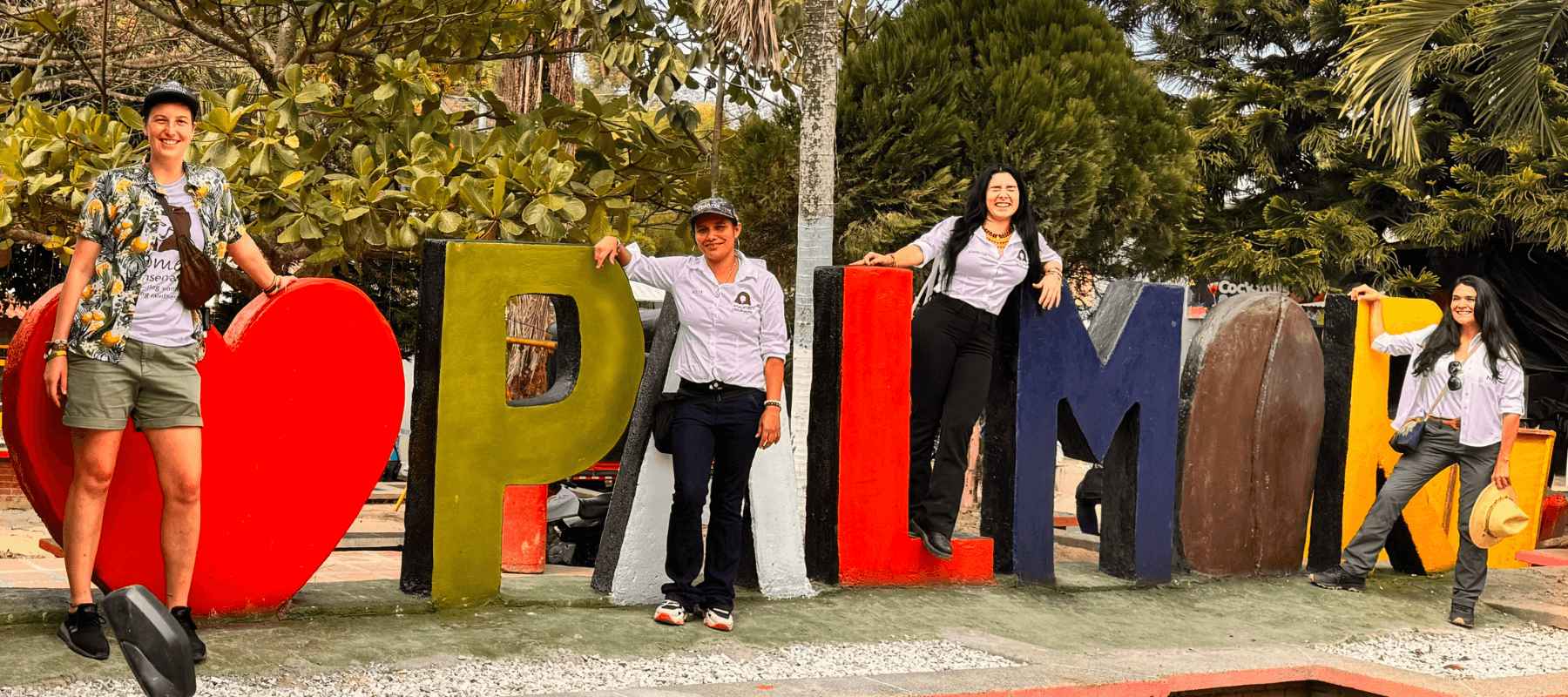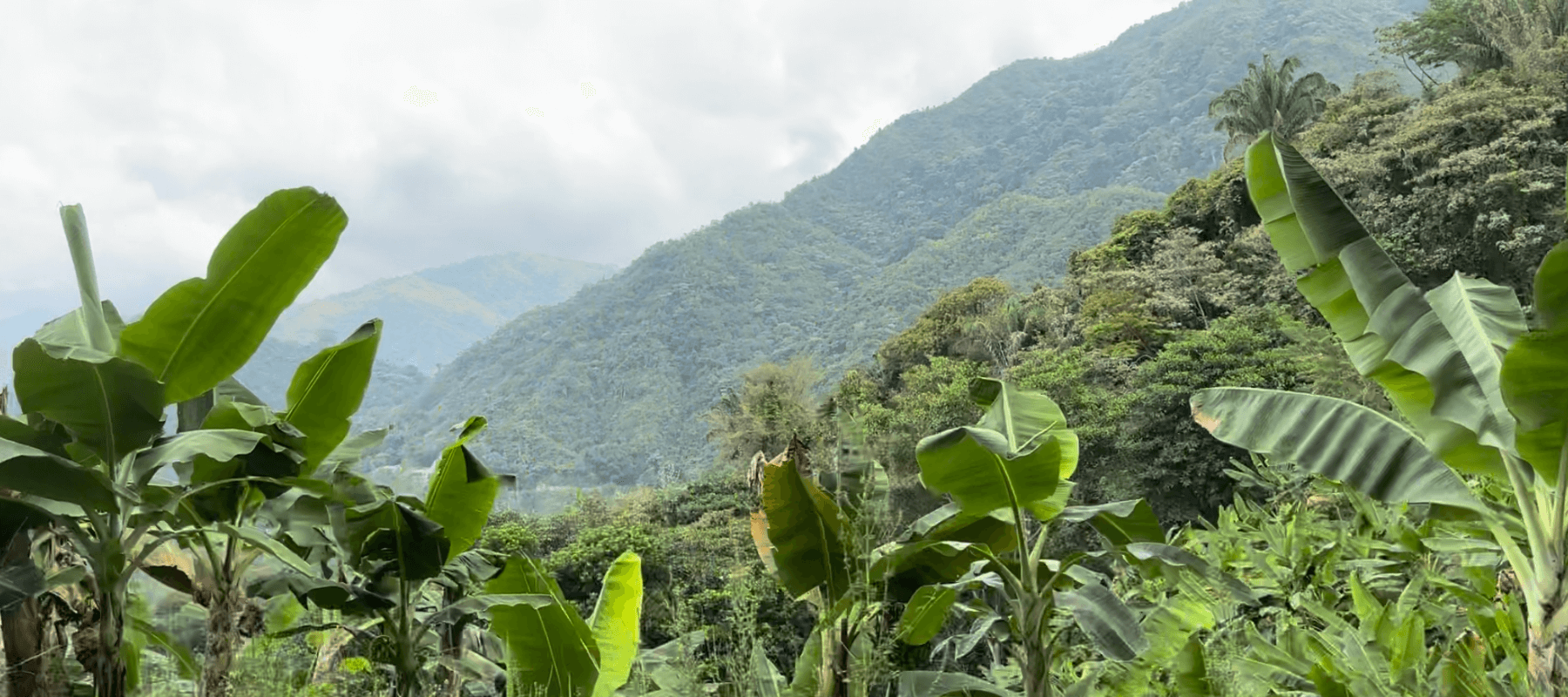
As the sun rises over the misty mountains of Palmor, a picturesque city nestled in the Sierra Nevada de Santa Marta, one is greeted by the sight of lush hilly rainforests and sprawling coffee farms. Here, life moves at a different pace, where the streets are filled with people riding donkeys, and the air is filled with the earthy aroma of freshly brewed coffee. Palmor is not just a city; it’s a window into Colombia’s rich cultural and natural heritage.
Many of Palmor’s residents belong to the Kogi indigenous community, a group that has chosen to embrace a traditional way of life, rejecting modern conveniences to live off the land as their ancestors did. For them, the connection to the land is not just physical but spiritual, a way of life that embodies respect for nature and harmony with the environment.
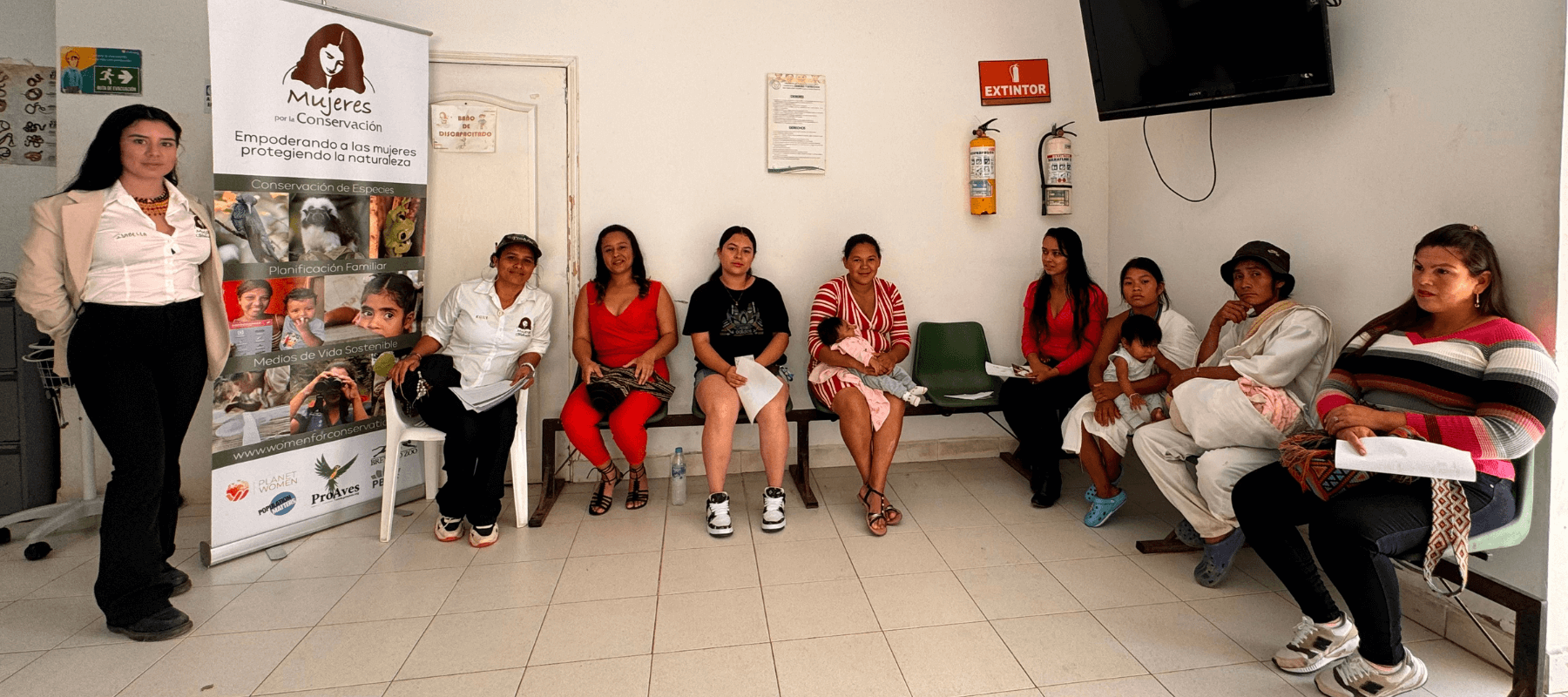
On a crisp morning, Women for Conservation (W4C) and ProAves arrived in Palmor with a mission to bring voluntary access to family planning to the women of this remote community. The excitement was palpable as dozens of families gathered outside the clinic, eager to avail themselves of the opportunity to plan their family size and concentrate their limited resources on the children they already have.
The Sierra Nevada de Santa Marta, where Palmor is located, is home to the critically endangered Blue-bearded Helmetcrest. Rediscovered in 2015 by ProAves, this elusive hummingbird species is estimated to have a population of only 50-249 individuals, making its conservation a top priority. By supporting reproductive rights access in the community, W4C is not only empowering women but also contributing to the preservation of this unique habitat.
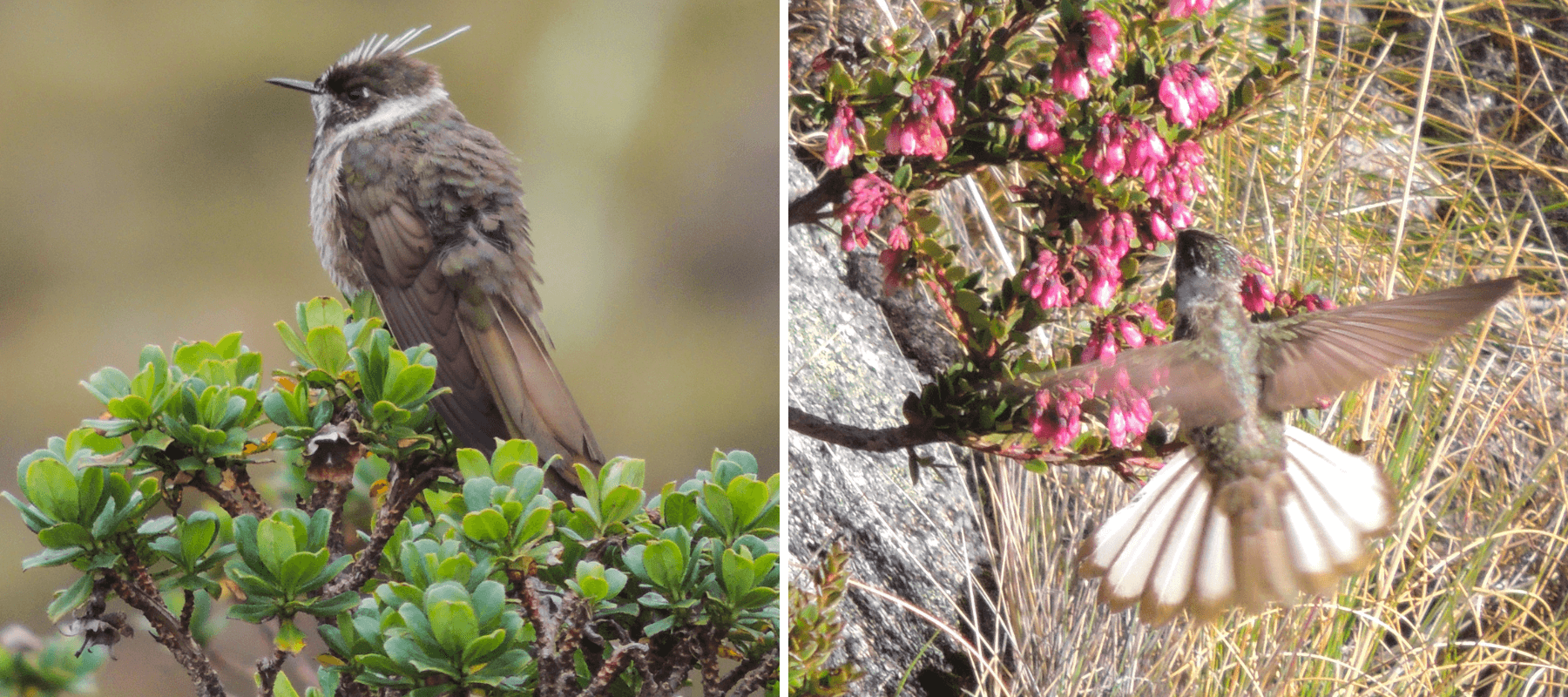
Among the crowd were W4C’s founders, engaging in heartfelt conversations with the girls and women awaiting their turn to receive a 5-year contraceptive implant. “The brigade has allowed women to have autonomy over their bodies, decide how many children to have, which in turn represents an opportunity for girls and adolescents to continue with their schooling and fulfill their dream of pursuing careers,” remarked Isabella Cortés Lara, Executive Director of Women for Conservation.
As the day unfolded, it became clear that this initiative was not just about providing access to contraception but about empowering women and communities. “Understanding that these types of procedures can often become costly due to aspects such as lodging, transportation, food, and accommodation, Women for Conservation and ProAves make these spaces possible for the most remote communities in the country,” shared Sara Inés Lara, Executive Director of ProAves.
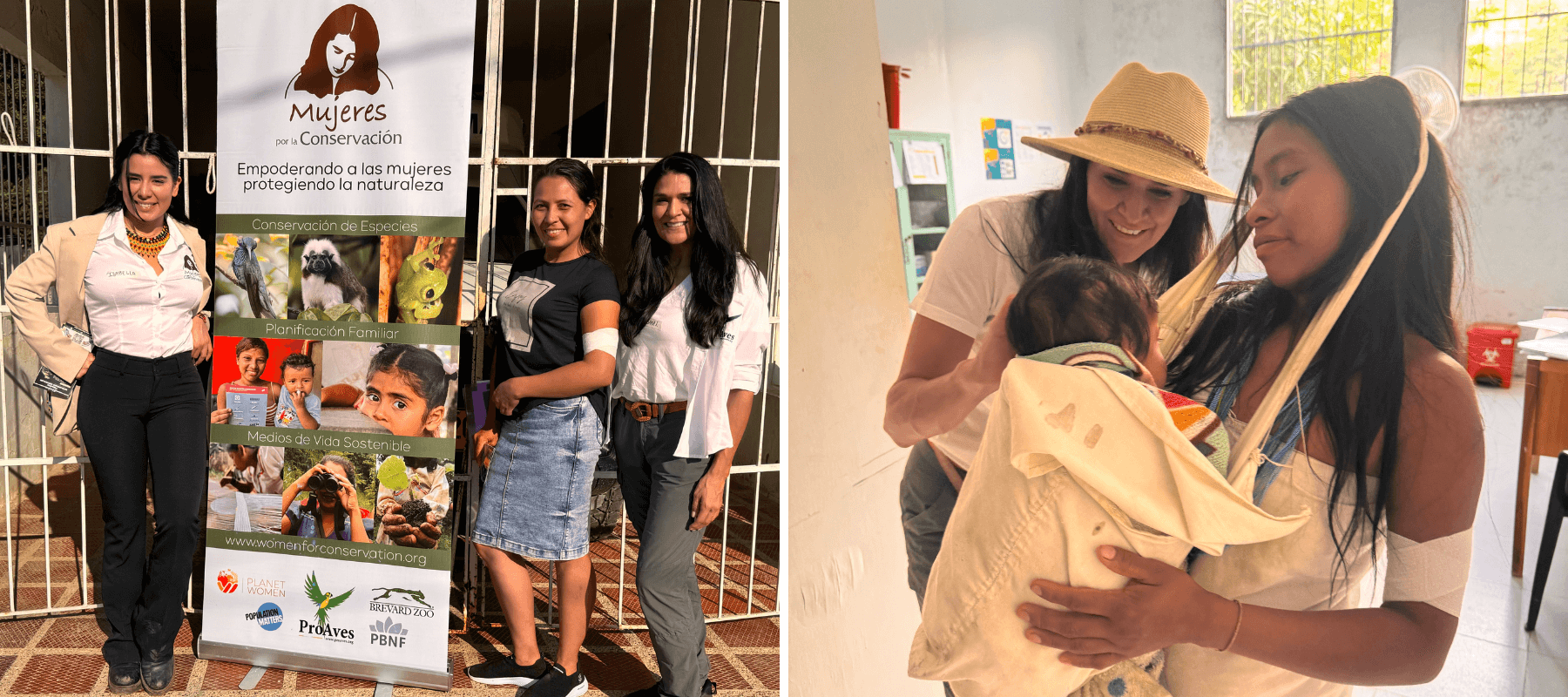
Kelly Julio Donado, Program Coordinator for Women for Conservation in the Sierra Nevada de Santa Marta, shared her excitement about the day, stating, “Today has been historic. For no one is it a secret that the indigenous population, living far from cities, sometimes does not receive assistance or does not have health insurance. So, ProAves and Women for Conservation are bringing this opportunity to the families of this territory who have decided to plan how many children to have.”
The impact of this initiative extends beyond the individual level, contributing to the conservation of wildlife and key ecosystems in areas like the Sierra Nevada de Santa Marta. By supporting reproductive rights and accessible healthcare, W4C is improving health outcomes in the community and helping girls stay in school – both of which have been shown to result in more sustainable agriculture and resource use in surrounding ecosystems. Healthy habitats require healthy communities, reminding us that change begins with a choice, and that choice can change the course of a life, a community, and a planet.
